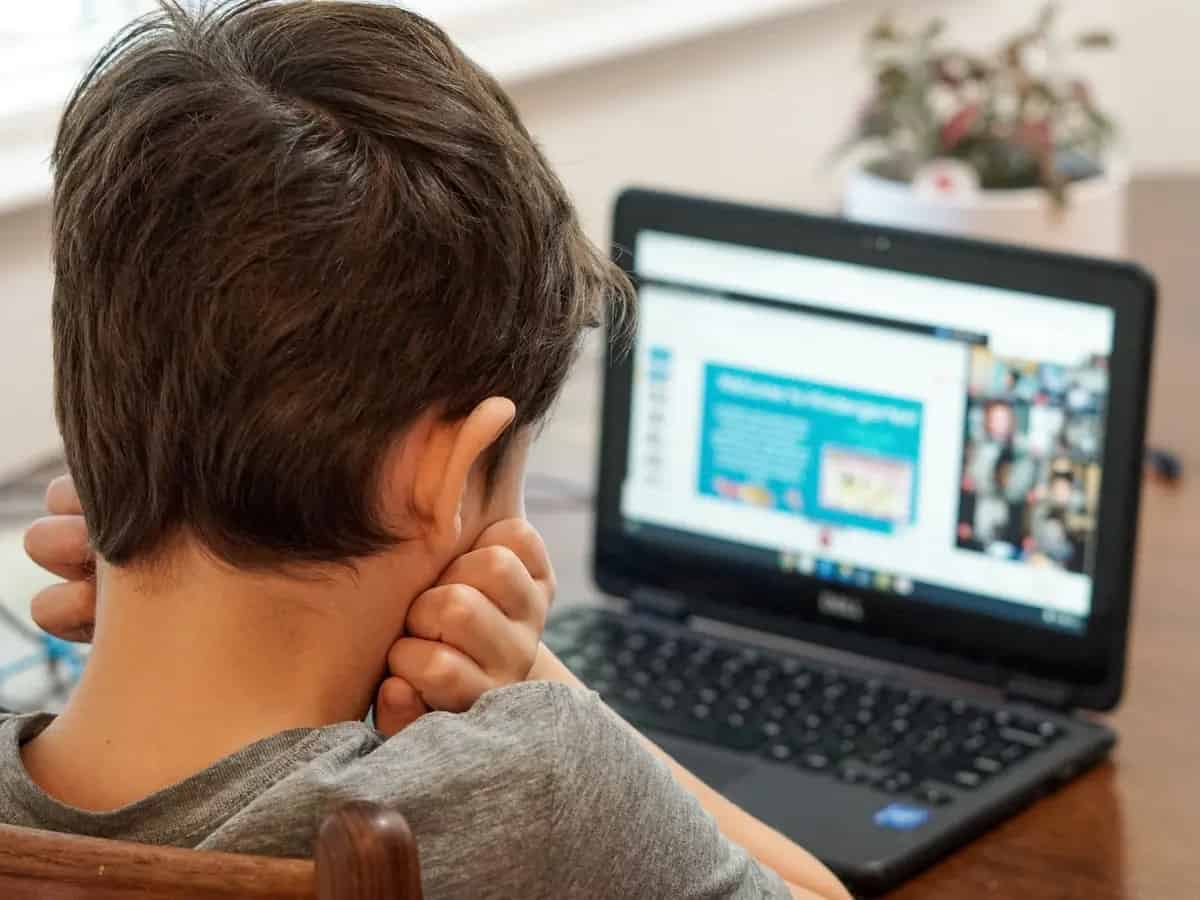Dubai, UAE— Each time her 8-year-old daughter goes online to play a video game or chat with her friends on messaging apps, Sara Karnib loses her peace of mind and composure.
Between preparing meals for the family and running her tourism business from the apartment in Beirut, Sara also has to contend with the chronic worry: how to ensure the online safety of her young daughter.
Although she has limited her daughter’s online time to two hours a day, yet she remains anxious during that time. “I always keep track of who she is contacting and their chat.”
Sara’s fears are not unfounded. A large study undertaken last September by the Boston Consulting Group (BCG) revealed nearly 93% of children from ages 8 to 17 are on the internet, and “three out of four respondents said they had experienced at least one cyber threat.”
And worryingly for parents like Sara Karnib, children in the MENA region experienced the second highest rate of cyber threats at 77 percent, behind only Latin America at 79 percent.
The study noted that most incidents aren’t being reported at all. “Only about 40 percent of parents said their children had expressed concerns about inappropriate content they had encountered online.”
More than 80 percent of children said they would go to their parents for help in those circumstances, according the study. “This suggests there may be certain barriers—such as being uncertain about what an online threat is, or possibly a fear of speaking out—keeping children from reporting cyber threats.”
Faced with a situation where children struggle to cope with online harassment, parents can be their only support. So, how can a parent help a child handle unwanted intrusion into their cyber space?
Emad Fahmy, systems engineering manager in NETSCOUT, advises parents to “remind their children that a stranger in the cyber world can be as dangerous as one in the physical world.”

“They should urge their children not to give out personal information and not to click on attachments or emails from people they don’t know,” he told TRENDS.
Experts suggest that parents should take precautions to secure their kids’ electronic gear such as installing cybersecurity software and keeping programs up-to-date with security patches.
While parents may not be particular elsewhere about keeping an eye on children being on the internet, parents in the MENA region though are more likely to monitor kids’ online behavior. Around 65 percent of MENA parents check in on their kids’ online activity at least once a week, and 50 percent have regular conversations about their kids’ internet use.
A few schools in the region have begun to offer training to their pupils on how to spot unsafe online content. TRENDS spoke to a school teacher who wished to go by her first name only, Rola. “Usually, we monitor all the links and apps our kids open while using the internet.”
The school is also helping parents to better protect children. “We also attempt to raise the parents’ understanding regarding the internet and make group sessions to explain how they can protect and control their children’s online activities.”
To illustrate the dangers children are exposed to in the cyber space, Rola described an incident in which a female student suffered harassment from an older male. The school and parents took help from the police to stop the male from threatening the student.
But beyond raising awareness about online dangers to children, experts recommend a strong law enforcement framework to be set up in order to battle online risks. So far only a few countries like the UK, US, and Australia, have robust systems to train child support staffs for protecting children online.
Experts recommend that existing “law enforcement frameworks must be expanded and adopted at national levels, and they should be continually updated to recommend best practices and new technologies for policing and prosecuting online threats to children.”
“New national legal frameworks should be developed where none yet exist; small communities cannot tackle the problem alone without national funding, technical support, and response teams. In addition, national law enforcement authorities should seek international cooperation to better prevent and respond to cyber threats, which are more likely to be cross-border incidents than local activities.”
The BCG survey rues the fact that “barriers—including lack of knowledge about what support is available and stigmas that dissuade parents and children from even discussing the issue—stand in the way of providing services that could help in dealing with online threats.”
Fahmy notes that cyber criminals are very inventive in the way they can pose danger to users online. “Phishing attacks occur on many channels and platforms, including emails, text messages, phone calls, and social media. One common technique used by attackers is email phishing.”
“Through emails sent to users, criminals pose as trusted organizations to steal their credentials. Users are also redirected to phishing pages that ask for personal information like login credentials,” he added.
For children to experience freedom from threats online a multi-pronged approach is required to keep them safe. A robust enforcement of existing cyber laws and prosecution of cyber criminals prowling the internet; public campaign in the media about cyber risks to children; coordination among law enforcement agencies across the MENA region to swoop down on cyber criminals stalking children on the internet.








